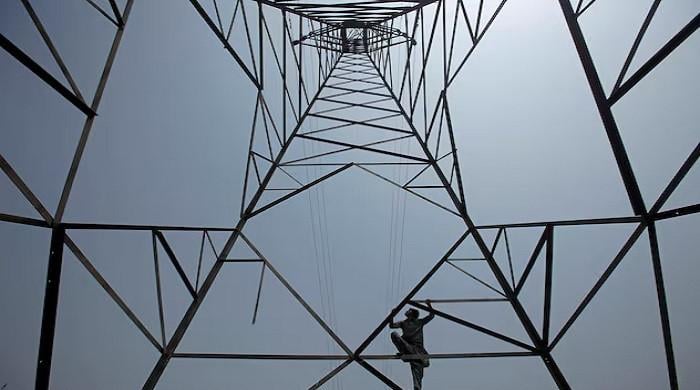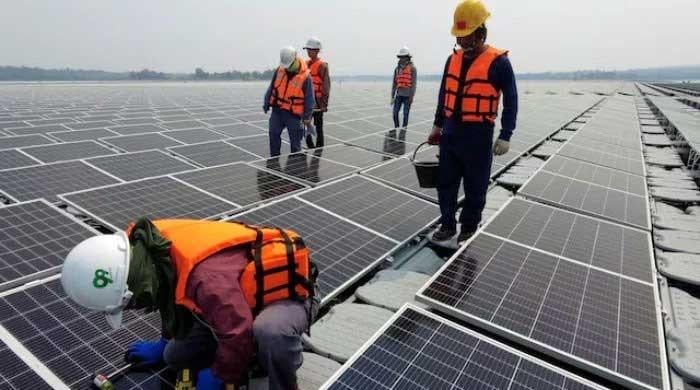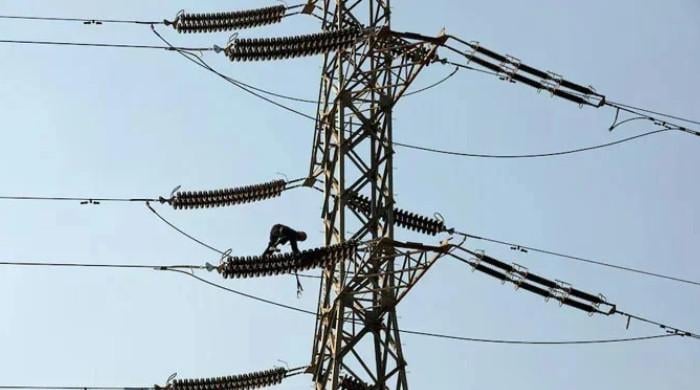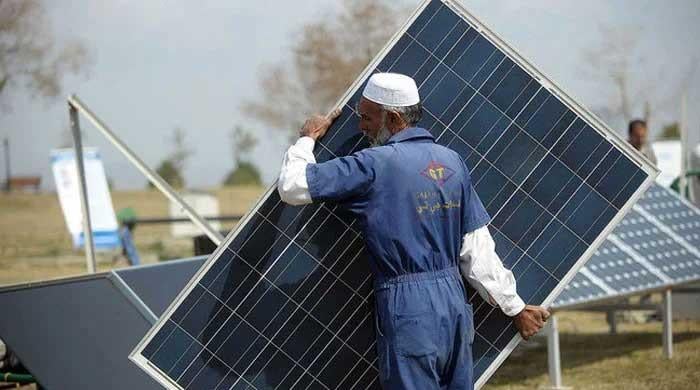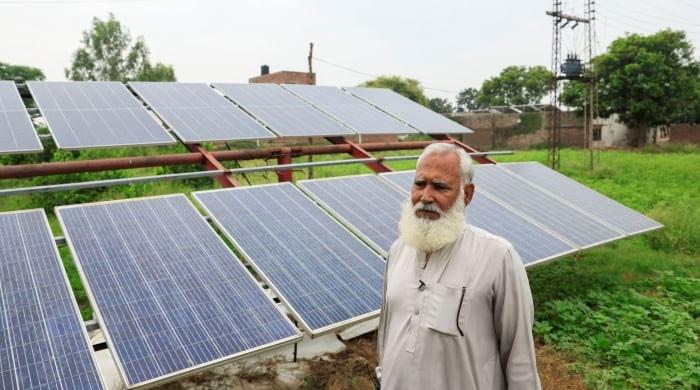Honda Atlas extends longest production shutdown till May 15
This is the fourth time that the company has extended plant shut down since March
April 28, 2023

- This is 4th time Honda has extended plant shut down since March.
- Company decides to halt production till May 15.
- Honda Atlas cites economic crisis as reason behind decision.
Honda Atlas Cars on Friday announced a 15-day extension to its longest plant shutdown this year, citing the country's economic crisis, restrictions on opening letters of credit for imports, and halting foreign payments.
The company announced an initial 23-day shutdown on March 8, which was expected to end on March 31. It then extended the shutdown to April 15 which was later extended till April 30.
Now the assembler of Honda automobiles in Pakistan, in its fourth plant closure announcement since the start of 2023, said that it would extend shut down of its plant for next 15 days till May 15.
Honda says the government’s stringent measures to deal with Pakistan’s economic situation have “severely disrupted” the company’s supply chain.
In a notice to the Pakistan Stock Exchange, the company, a unit of Japan’s Honda Motor Co Ltd said: “As a result, the Company is not in a position to continue with its production and ultimately has continued to shut down its plant from May 01, 2023 to May 15, 2023.”
Pakistan is facing its worst economic crisis. On one hand, the country is standing with only $4.46 billion (as of April 20, 2023) reserves in its central bank, while it also struggles to win an International Monetary Fund (IMF) deal amid a lack of foreign inflows from other countries.
With alarmingly low foreign reserves and a shortage of US dollars, banks are reportedly denying the opening of letters of credit (LCs) for items which are not “essential”.
The country’s economic challenges have hit the auto industry, dependent on imports, as many companies have been taking continuous production breaks, blaming inventory shortages.
Addtional input from Reuters





